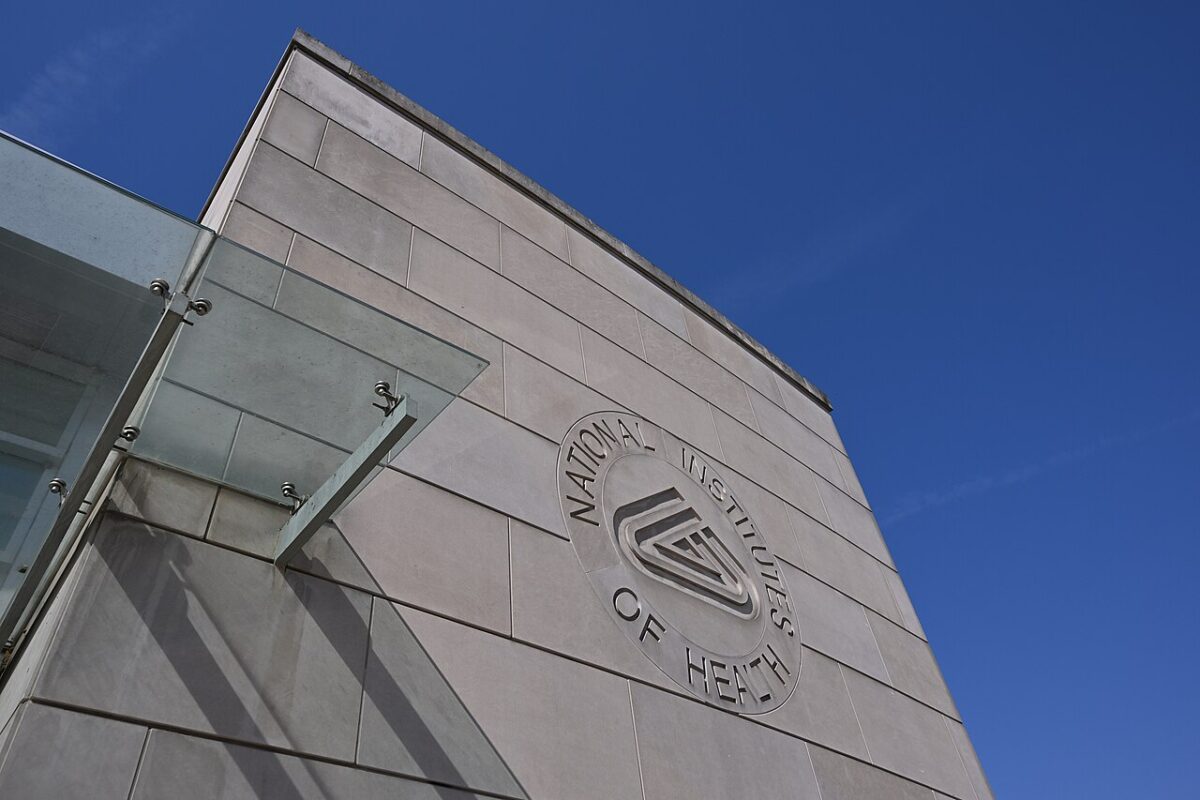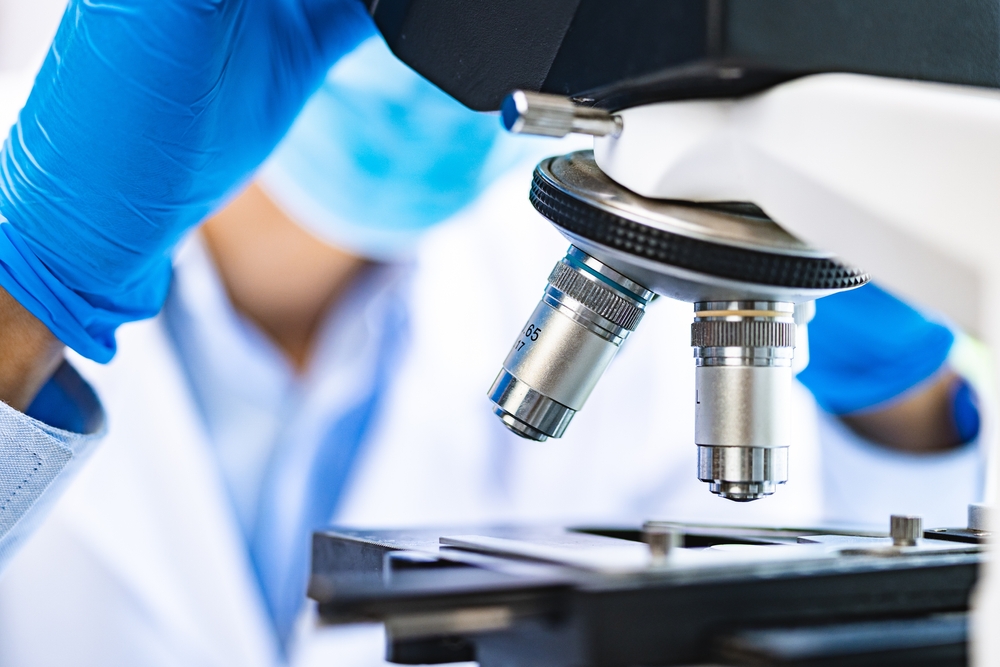 #News
#News
Reproducibility crisis hits biomedicine
Seven in every ten biomedical scientists have been unable to reproduce scientific experiments, warns international study involving researchers from 80 countries
 Biomedical studies that are not reproducible can hinder the development of
reliable treatments and put patient safety at risk | Image: Shutterstock
Biomedical studies that are not reproducible can hinder the development of
reliable treatments and put patient safety at risk | Image: Shutterstock
The reliability of science is at stake. A new global survey shows that biomedicine, crucial to the development of medical treatments and diagnostics, is facing a growing problem: experiments that are not reproducible.
Reproducibility, meaning the ability to redo a scientific experiment and obtain a similar result, is essential to verifying data and increasing confidence in science. In biomedicine it ensures that new treatments and diagnostics function as intended for all patients.
A growing crisis
However, according to a study led by the University of Ottawa Heart Institute in Canada and published in the journal PLOS Biology at the end of 2024, 72% of biomedical researchers agree that the field is facing a reproducibility crisis and 27% described the crisis as significant.
Approximately 62% of respondents felt that the “publish or perish” culture—the pressure put on researchers to publish in prestigious journals to advance their careers—was the main cause of the problem.
According to the survey, other factors that harm scientific reproducibility include:
- Poorly planned studies
- Fraud
- Low-quality peer review
- Lack of training on research reproducibility
The study authors chose the participants by randomly selecting 400 journals indexed on MEDLINE, an online biomedical and life sciences database, and then extracting the author names and email addresses from all articles published between October 1, 2020, and October 1, 2021.
In the end, 1,630 biomedical scientists from more than 80 countries responded anonymously to the online survey on reproducibility.
Of this total, 54% of participants said they had replicated their own experiments and 57% had replicated studies by other researchers.
Approximately 62% revealed that they often find it difficult to reproduce experiments (from other groups or their own labs).
Only 16% of respondents said their institutions are trying to improve reproducibility.
Furthermore, 67% said their institutions place a greater value on new research than replicated studies and 83% believed it would be more difficult to obtain funding for replicating research.
“The concern appears to apply to biomedicine overall, but also specifically to clinical research, in vivo research, and in vitro research,” the researchers wrote in the article.
Approximately 11% of participants felt that more than 80% of articles in these fields are not reproducible.
Concerning data
The warning had already been raised about a reproducibility crisis in biomedicine in a 2016 article published in the journal Nature. More than 70% of 1,576 participants in that study said they were unable to reproduce experiments from other researchers and more than half were unable to replicate experiments originally conducted in their own labs. Roughly 83% of participants asserted that there is a reproducibility crisis in the biomedical sciences, while 53% said that the crisis is significant.
“Studies that were subsequently not reproducible have led to patient harm,” warned the authors of the PLOS Biology article.
They suggest that the study could be used to improve reproducibility training and assist in the development of public policies that incentivize reproducibility, helping to establish a research culture that values quality in scientific experiments.
*
This article may be republished online under the CC-BY-NC-ND Creative Commons license.
The text must not be edited and the author(s) and source (Science Arena) must be credited.


